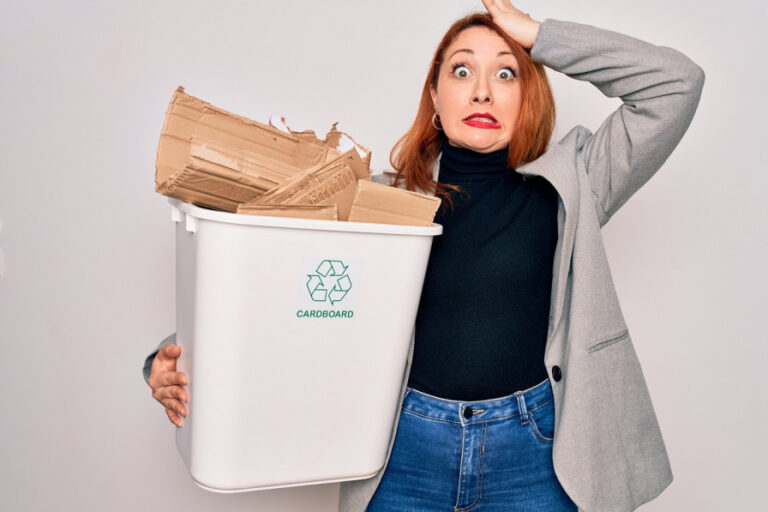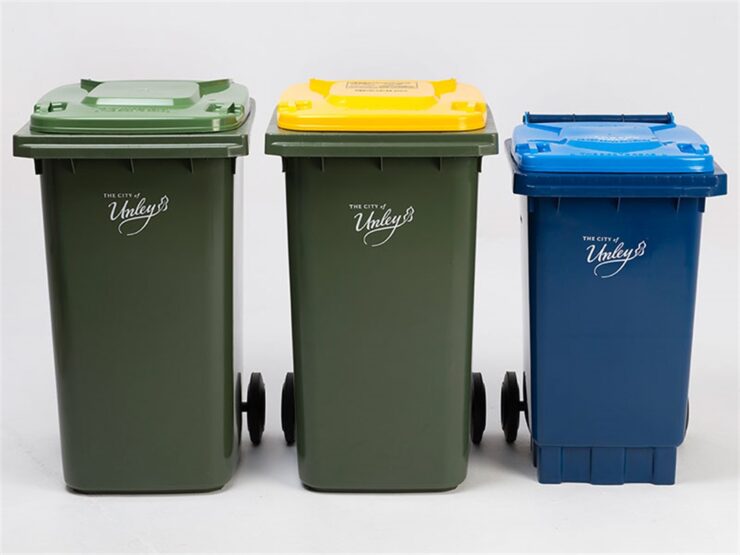Table of Contents
All of us desire to accomplish our part in helping the planet and the environment. With earth day coming soon on April 22, let’s refresh our knowledge on recycling to positively impact our world daily!
You may have a big clutter if you have started your recycling journey and decided to overhaul all home objects with recyclable materials. Which can be overwhelming and make you feel like you are way over your head in reorganizing and disposing of materials that can be recycled.
To start off, you should consult with professionals specializing in clearing unnecessary items, vacating and liquidating homes, shops, and businesses, with proper disposal methods for bulky waste like awl-zentrum.de services.
What To Dispose Of In Your Green Bins!
Recycling is different in every country, sometimes even within the country. As a result, recycling centers around the world have diverse infrastructures and facilities to sort, collect, and sell recycled materials.
While every recycling facility has its own guidelines, it is always better to correspond with your regional centers to determine the rules and regulations.
That being told, there are a few standard rules you can follow universally, such as removing the plastic covers and stickers on the bottles, recycling all metal objects, separating electrical waste from other garbage, sorting paper waste, and organizing organic and inorganic waste separately.
Set Your Own Recycling Guides
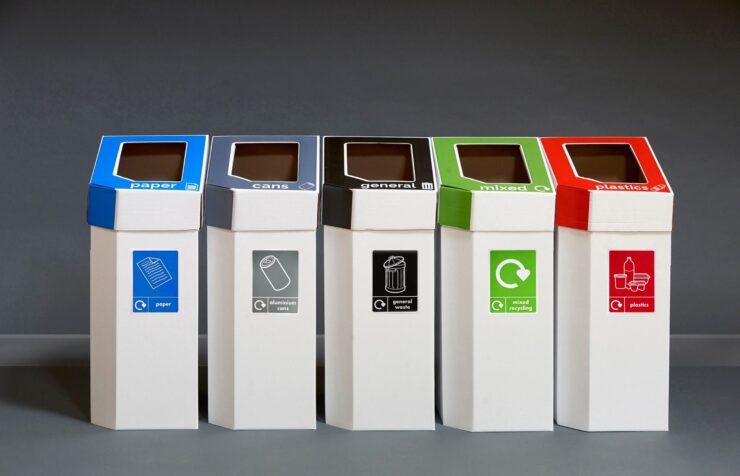
When there is something that you cannot reduce or reuse, you should go with recycling. But it is tricky to understand what material or object goes into our green bins.
It is vital to establish a design or guide for recycling household materials so that all family members can follow. Blindly tossing in objects that you might think are recyclable or doing so without the proper prepping will do more harm than good.
While taking steps such as using eco-friendly cleaning products to reducing the usage of plastic in your daily items is essential in reducing our carbon footprint, new research has found many of us are making similar recycling blunders and therefore negating our hard work.
To ensure that we are not unknowingly making errors while recycling, let us find out about some typical mistakes that can be avoided and overcome with little labor.
Common Errors While Recycling
If you wish to recycle efficiently and responsibly, stop making these major mistakes. Soon, you will be sorting your garbage appropriately and setting everything in the correct bin in no time.
Plastics
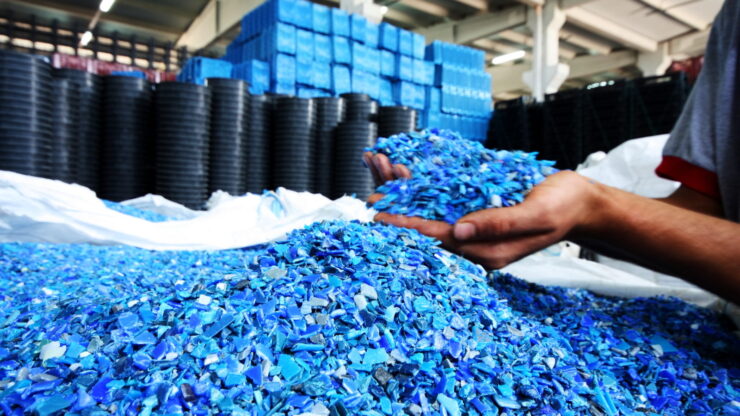
The most basic doubt when recycling plastic is whether the caps of a bottle can be recyclable or not- the answer to that depends on your local recycling center.
Plastic Bags
Rarely do recycling centers accept those thin and pesky plastic bags.
You may want to tidy your garbage using bin liners, but those are also not recyclable. So it is best not to use those and instead just wash out the bins after its dirty. Also, stop using small plastic bags from shops; instead, bring your own cloth bags to carry the objects.
The pliable wraps and films for food also cannot be put inside your recycling bins.
These plastics get stuck inside the machines and sometimes get sorted with paper and pollute the whole batch.
Bioplastics
These receptacles are created off of plants. It appears like plastic, and often, the advertising of it will state they are compostable and recyclable. Noticing these two affirmations together for a manufactured product invariably raises alarm bells.
While these, in a manner, are recyclable but when mixed with regular plastic, it is too tricky to tell them apart -most garbage sorting establishments need the technology to do so.
This means the bioplastic adulterates and damages the virtue of recycled plastic products.
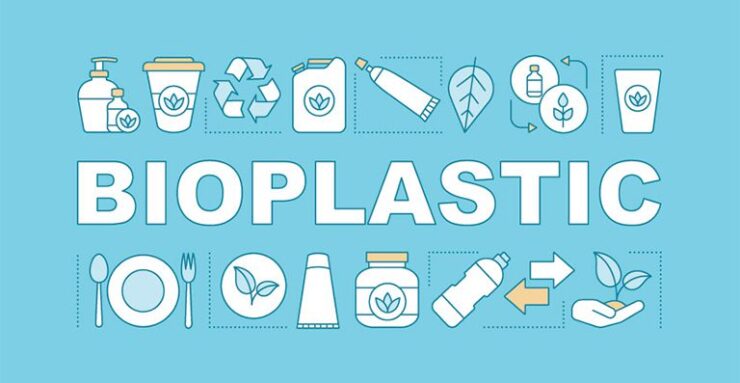
Unrinsed Containers Contaminate
Receptacles may not be recyclable depending on the material of the case, what remnants are left, and the amount of residues.
Unsoiled recyclables invariably have more significance than soiled ones. So, when you can, give them a swift rinse.
Paper
Glossy Paper
Most magazine paper with flashy prints is recyclable. You can put them together with other paper for recycling. Just remember to remove the staples from it.
Shredded paper
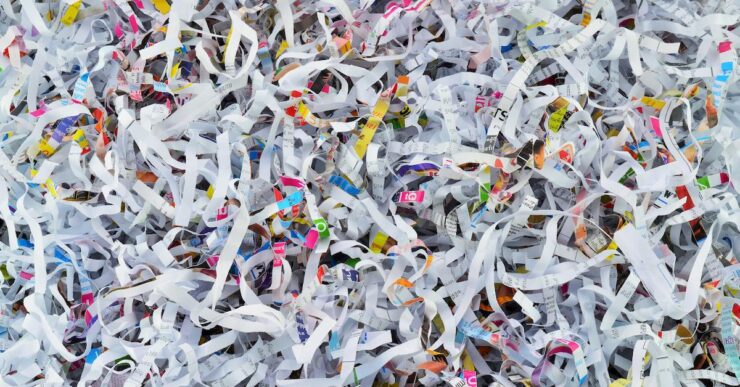
If you are utilizing a shredder for your essential documents and placing them in your green bins – stop! Shredded paper gets stuck in machines and is hard to recycle. But you can place them in your compost bags.
Wax Coated Paper
The frozen food boxes and milk cartons are challenging to recycle as the waxy coating inside them cannot be removed easily. so do not buy such packages, and if you do buy them, don’t throw them in the recycling bins.
Greasy Cardboard, Tissue, And Paper towels
The pizza and cardboard food crates with oil and edible stains are not recyclable.
Tissues and paper towels are already low-quality paper with short fibers, which causes them to be unfit for recycling. So instead, they can be composted.
Not Following The Set Guidelines
As stated before, recycling differs at every center based on the types of equipment available. So if you desire to recycle correctly, always follow the guides your local recycling centers set. You can contact the center directly or the public works department for further information.
Stop “Wish-Cycling”
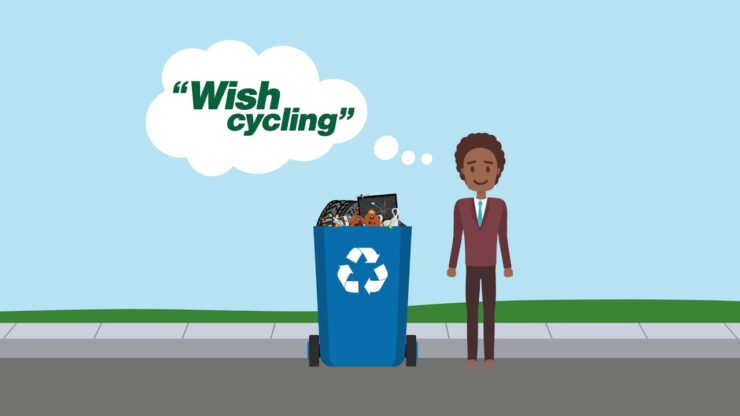
Expecting that the item might be recyclable and so tossing it in the green bin is not proper. If you are unsure, ask the local recycling center; if you cannot, then it’s most suitable to leave it out of the green bin.
Conclusion
It is always reasonable to do things right rather than to do something half-heartedly. The same goes for recycling. If you are recycling, then it is useful to understand what to do and what not to do. It is understandable that recycling can be quite tricky and overwhelming at first. Still, once you get the hang of it, it is quite an easy process. all you have to do is make some effort at the beginning to form a practice of recycling correctly. We all like to help in any way we can to prevent environmental deterioration from transpiring due to landfills, waste pits, and dumps. So don’t be discouraged just because you have some work cut out at the beginning. Start your recycling journey and do it right!

